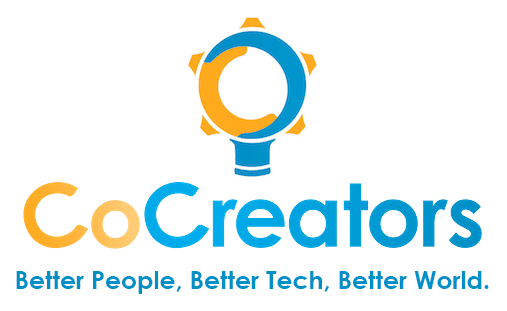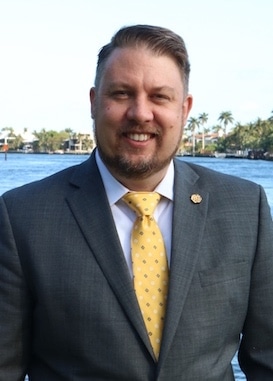As featured in the Island Packet
There are times in life when we need to humble ourselves in order to be healed.
Take for instance the story of Naaman in the Bible. Naaman, we are told, is the victorious and valiant commander of the army of the king of Aram who also lives with the severe pain and physical limitations of the disease of leprosy.
One day, Naaman was told that there was a powerful prophet who could possibly heal him of his affliction. The prophet’s name was Elisha. When Naaman finally goes to visit Elisha – he is expecting some great ceremony that will heal him of his disease.
If you think about this for a moment, Naaman’s expectation is totally understandable. While we now know that leprosy is a bacterial disease that is treatable, back in Naaman’s day people with leprosy (lepers) were feared because there was no known treatment for the illness. People with leprosy often became deformed; they struggled with immense pain and difficulty breathing. Worse yet, leprosy was believed then to be highly contagious – which led others to fear interaction with those who had it. As a result many lepers were typically exiled and isolated from society. Intimacy of physical contact was eliminated from their lives. Physically, they lost their attractiveness and often times people would even turn away from a leper so as not have to see the deformity. The physical limitations alone for the leper would have been life altering. Simple tasks that healthy humans take for granted would no longer have been an option.
So when Naaman receives instruction from Elisha to go wash himself in the rivers of the muddy Jordan – an act signifying that he would be healed by the God of Israel alone – he was certainly taken aback. No pomp, no party of celebration, no seemingly miraculous act from Elisha, not even a clean river signifying purity. No, this task had nothing to do with performing a great act – it had to do with Naaman’s willingness to be faithful and obedient before the Lord.
On hearing this instruction he is initially incensed and maybe even a bit disappointed. All this time he had suffered with a debilitating disease that had kept him from those he loved and made him unable to have the kind of relationships that he might have desired. He had struggled and toiled to get to where he was in life and now – by some unthinkably simple act he can be healed? Frustrated by the seeming futility of it all, Naaman goes away angry.
Fortunately for him though one of his faithful servants care for him enough to speak to him in love. “If the prophet had told you to do some great thing, would you not have done it? How much more then when he tells you ‘Wash and be cleansed’!” As a result, Naaman humbles his heart and does what Elisha had advised. When he does he is miraculously healed – but the healing extends far beyond his physicality – and thus he pledges his love and loyalty fully to God.
I think that most of us can relate to Naaman’s initial response. We want the big spiritual experience to happen to us and as such we justify not doing the seemingly little mundane things and like praying, reading our Bibles, caring for others, or even going to worship regularly. Then we wonder why life is so hard for us.
The question though still remains for each of us, as it did Naaman: How badly do we really want to be spiritually healed? Every day of our lives – we too – have that choice to make.





























